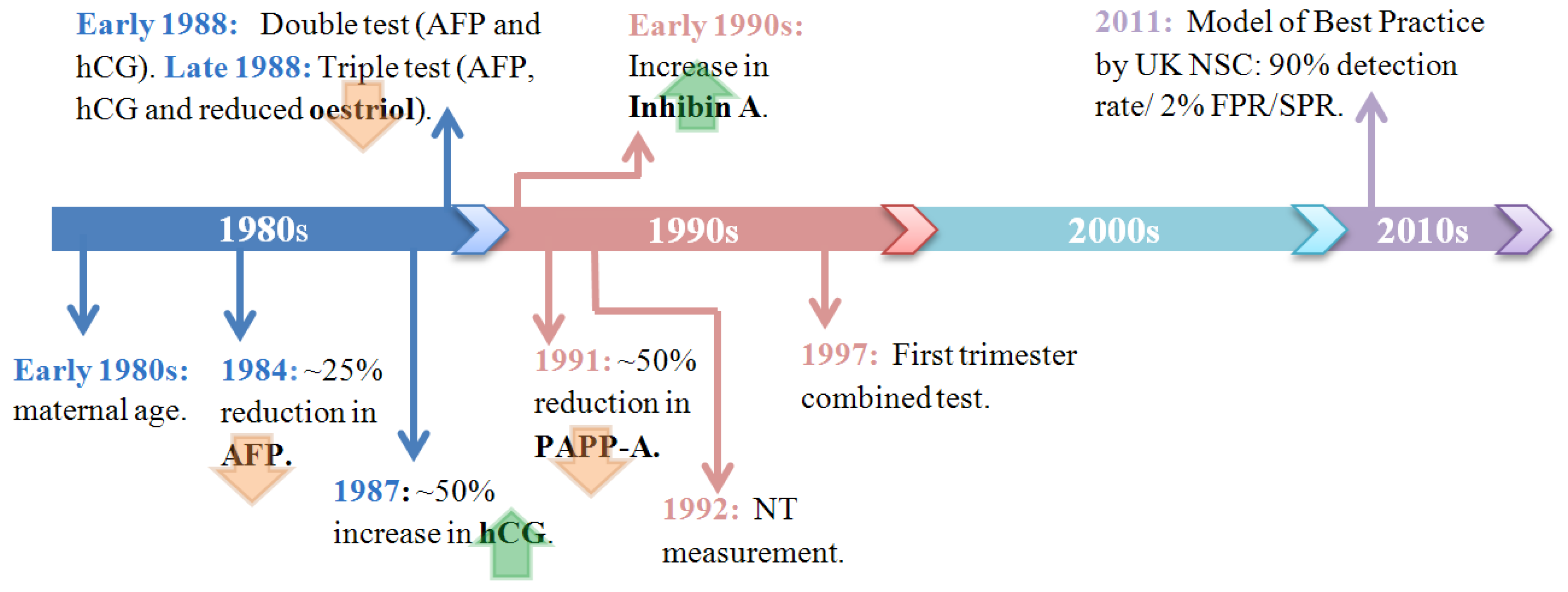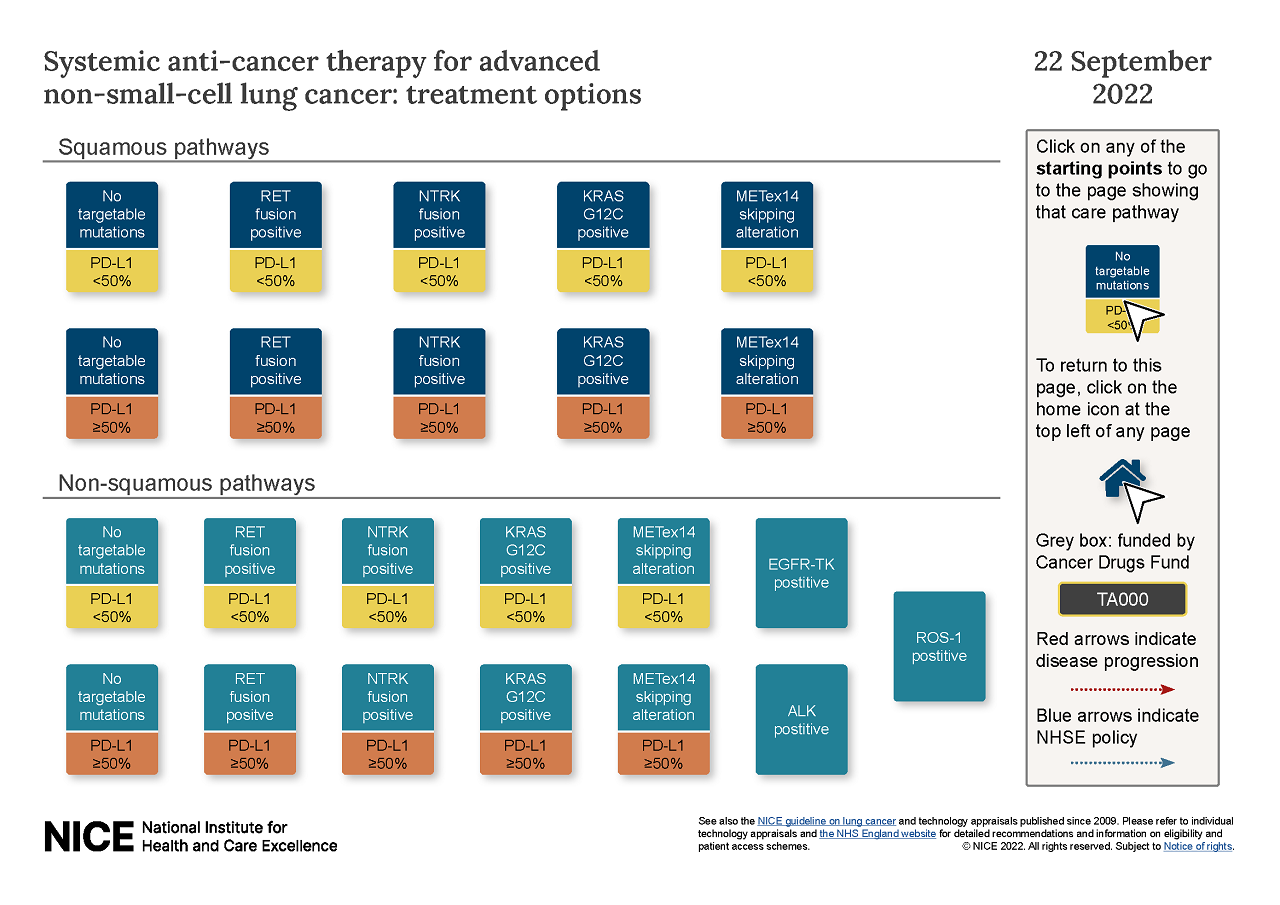
Whether you want to design and maintain health informatics systems or work in the higher education sector, there are many career paths available. This multidisciplinary field incorporates information science as well as computer science. Healthcare informatics professionals can work in many different settings, including research institutions, health care organizations, and higher-level government agencies.
Between 2019 and 2029, medical records and health information techs can expect to see a healthy 8% increase in employment. These professionals not only implement new IT systems but also ensure that there are no errors in existing health information systems and that disruptions are minimal. They consult with healthcare organizations to determine how much money is needed for new systems, and make sure the organization has a plan of action.
It is possible to enter this field by earning a Master of Science in Healthcare Informatics degree. Students who earn this degree are trained in biomedical informatics and have access to the latest technologies. This degree can also help you to negotiate higher salaries.

You can pursue a doctorate degree in health informatics if you are looking to advance your career. This could lead you to jobs within the medical field or in research. The doctorate can lead to tenure-track faculty positions. A doctorate prepares you for many different jobs in the medical industry, including biomedical research and nursing.
There are many universities that offer online and campus options for students interested to study health informatics. These schools can cost a lot, however, so you may want to consider public schools. These programs may also be part-time. For lower costs, you may want to enroll in an online program.
Jacksonville University offers an online Master of Science program in Health Informatics. This degree program is intended to prepare you for every aspect a career as a Health Informatics Specialist, including privacy regulations. You will also have access networking opportunities and professional growth resources. There is also an accelerated option. The program can be completed in as little as 2 years.
George Washington University's MS in Management of Health Informatics and Analytics is an online degree program designed for working professionals. It teaches leadership development and analytical skills. Students who have worked in the field for at least three consecutive years are eligible to apply.

UCF's Health Care Professional Science Master's Degree program in Health Care Informatics is a different version of the typical health informatics degree. This program trains students to use information technology in health care systems with a clinical focus. A fellowship in clinical informatics is also included in the program. Students who wish to sit for the CI board exams must complete this program.
The School of Health Technology and Management provides Stony Brook's MS program in Applied Health Informatics. Students in this program complete four accelerated summer sessions, which are followed by 480 practicum hours with Stony Brook's partner organizations. This program also has the lowest tuition fees in the region.
FAQ
What does "public", in the context of public health, mean?
Public Health is the protection and improvement of the health of the community. It involves preventing disease, injury, and disability, promoting good health practices; ensuring adequate nutrition; and controlling communicable diseases, environmental hazards, and behavioral risks.
What is my role within public health?
You can help protect your own health and the health of others by taking part in prevention efforts. You can also contribute to improving public health by reporting any injuries or illnesses to healthcare professionals to help them prevent future ones.
How can we improve our healthcare system?
We can improve health care by ensuring that everyone is provided high-quality medical care, no matter where they are located or what their insurance status.
We should ensure that all children receive necessary vaccinations, so they don't develop preventable diseases like measles, mumps, and rubella (MMR).
We must keep working towards reducing the costs of healthcare and ensuring that it remains easily accessible for all.
How can my family have access to high-quality health care?
Most likely, your state has a department or health that ensures everyone has affordable healthcare. There are programs that cover low-income families and their children in some states. To find out more about these programs, contact your state's Department of Health.
What are the basics of health insurance?
If you have health insurance, you should keep track of your policy documents. Ask questions if you are unsure about your plan. If you don't understand something, ask your provider or call customer service.
When you use your insurance, remember to use the deductible on your plan. Your deductible determines how much you have to pay before insurance will cover the rest.
What is a system of health in public health and what does it mean?
The entire process of providing medical services to the population is called Health System. It includes service delivery and financing, regulation, education and training, as well information systems.
Statistics
- Consuming over 10 percent of [3] (en.wikipedia.org)
- Healthcare Occupations PRINTER-FRIENDLY Employment in healthcare occupations is projected to grow 16 percent from 2020 to 2030, much faster than the average for all occupations, adding about 2.6 million new jobs. (bls.gov)
- Foreign investment in hospitals—up to 70% ownership- has been encouraged as an incentive for privatization. (en.wikipedia.org)
- Price Increases, Aging Push Sector To 20 Percent Of Economy". (en.wikipedia.org)
- Over the first twenty-five years of this transformation, government contributions to healthcare expenditures have dropped from 36% to 15%, with the burden of managing this decrease falling largely on patients. (en.wikipedia.org)
External Links
How To
What are the key segments of the healthcare industry?
The key segments of healthcare include pharmaceuticals, diagnostics biotechnology, therapeutics, diagnosis, biotechnology and medical equipment.
These medical devices include blood pressure monitors and defibrillators as well as stethoscopes and ultrasound machines. These devices are often used to diagnose, treat, or prevent diseases.
Pharmaceuticals are medicines prescribed to relieve symptoms or treat disease. Examples include antibiotics, antacids, antihistamines, contraceptives, etc.
Diagnostics can be performed by laboratories to detect illness, injury, or other conditions. These include blood tests, urine samples and CT scans.
Biotechnology refers essentially to the use of living organisms (such bacterium) to create useful substances which can be used by humans. You can find examples such as vaccines, insulin and enzymes.
Therapeutics are treatments administered to humans to treat disease or relieve symptoms. They may involve drugs, radiation therapy, surgical interventions, etc.
Software programs for managing patient records, including health information technology, are used by physicians and their staff. It helps them keep track of which medications they're taking, when they should take them, and whether or not they are working properly.
Equipment used in the diagnosis, treatment, and monitoring of medical conditions or illnesses is called medical equipment. Dialysis machines, pacemakers and ventilators are just a few examples.